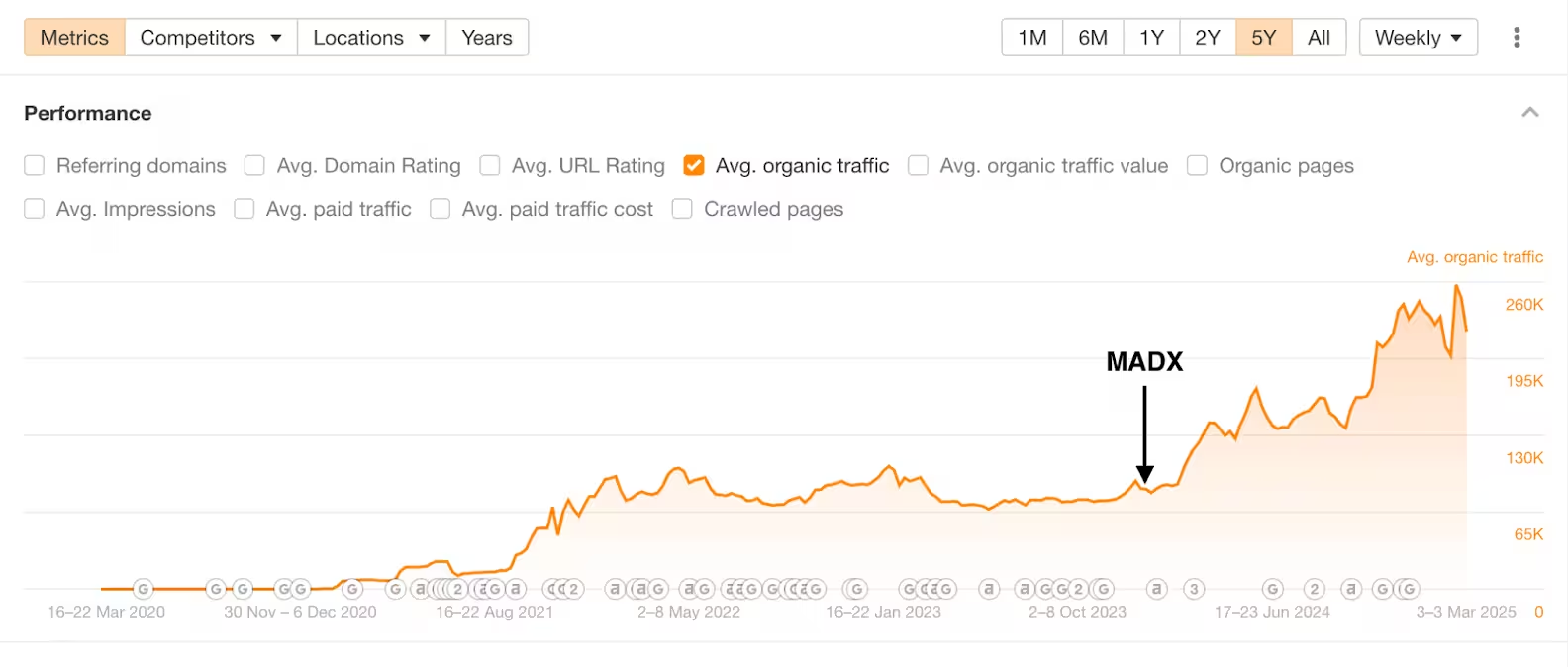What are URL Parameters?
URL Parameters, also known as query strings or URL variables, are the part of a URL that follows a question mark (?). They are used to send small amounts of data from the client to the server through the URL. URL parameters can include information about user preferences, session data, or page content identifiers. They play a critical role in dynamically generating content for the user and tracking user behavior for analytics purposes.
The utilization of URL parameters has become prevalent with the expansion of the internet and dynamic websites. They allow websites to create personalized user experiences and track user interactions more effectively. In e-commerce, for example, URL parameters can filter product listings based on user selections like size, color, or price.
In the fields of SaaS and SEO, URL parameters are significant. For SaaS applications, they can be used to customize user experiences or maintain session states. In SEO, understanding how to properly use and manage URL parameters is essential for ensuring search engines correctly index content without running into issues like duplicate content or unnecessary crawling of similar pages.
Why are URL Parameters Important?
URL parameters are important for several reasons. They allow for the dynamic generation of content based on user requests, improving the user experience by providing relevant and personalized content. In terms of analytics and tracking, URL parameters are invaluable for understanding user behavior and preferences, thereby guiding marketing and content strategies.
For SaaS platforms, URL parameters can enhance the user experience by maintaining state or preferences across sessions. In SEO, properly managed URL parameters ensure that search engines crawl and index a website efficiently, avoiding issues like duplicate content, which can negatively impact search rankings.
Moreover, URL parameters are crucial for targeted marketing campaigns. They enable the tracking of user responses and interactions with various marketing materials, allowing for more accurate measurement of campaign effectiveness.
Best Practices for Managing URL Parameters
Effective management of URL parameters involves several best practices:
- Use Descriptive Parameters: Ensure that URL parameters are descriptive and clearly indicate their purpose.
- Prevent Duplicate Content: Use canonical tags or configure search engine settings to avoid duplicate content issues caused by URL parameters.
- Limit the Number of Parameters: Avoid using excessive URL parameters to keep URLs clean and ensure efficient crawling by search engines.
- Session Management: Use cookies or session IDs instead of URL parameters for session management to keep URLs clean.
- Analytics Tracking: Utilize URL parameters effectively for tracking and analytics without compromising user privacy.
- SEO-Friendly URLs: When possible, use SEO-friendly URLs that include keywords and are easy for users and search engines to understand.
- Testing and Monitoring: Regularly test and monitor how URL parameters affect your website's SEO performance and user experience.
By adhering to these practices, businesses, especially in the SaaS and digital marketing sectors, can effectively use URL parameters to enhance user experiences, improve site performance, and gain valuable insights from user behavior.
FAQs
What are URL Parameters and how are they used in websites?
URL Parameters, also known as query strings or URL variables, are the parts of a URL that are used to pass data along with the base URL of a web page. Typically appended to the end of a URL after a question mark (?), these parameters consist of a key-value pair separated by an equals sign (=). They are widely used for tracking user behavior, session identification, search functionality, and content filtering. For example, in e-commerce sites, URL parameters might be used to sort or filter products.
How do URL Parameters affect SEO and website performance?
URL Parameters can significantly affect SEO and website performance. From an SEO perspective, they can lead to issues like duplicate content, wasted crawl budget, and difficulty in indexing pages if not handled correctly. Search engines might treat URLs with different parameters as separate pages, even if the content is similar. However, when managed properly, URL parameters can be useful for tracking and user experience without negatively impacting SEO. For website performance, excessive use of parameters can lead to complex URLs and might affect page load times.
What are best practices for managing URL Parameters for SEO?
Best practices for managing URL Parameters for SEO include: - Use Canonical Tags: To avoid duplicate content issues, use canonical tags to specify the preferred version of a web page.- Limit the Use of Parameters: Only use parameters when necessary and keep them simple.- Configure URL Parameters in Google Search Console: Inform Google how to interpret URL parameters to prevent crawling and indexing issues.- Avoid Session IDs in URLs: Session IDs in URLs can lead to duplicate content issues.- Be Consistent: Use a consistent structure for parameters across the website.
How can businesses effectively utilize URL Parameters for tracking and analytics?
Businesses can effectively utilize URL Parameters for tracking and analytics by appending parameters to URLs for marketing campaigns, social media links, and email marketing. Tools like Google Analytics can then be used to track the performance of these URLs, providing insights into user behavior, traffic sources, and campaign effectiveness. This data is valuable for understanding the ROI of marketing efforts and making data-driven decisions.
What are common mistakes to avoid with URL Parameters?
Common mistakes to avoid with URL Parameters include: - Overuse of Parameters: Using too many parameters can lead to complex URLs and SEO issues.- Creating Duplicate Content: Parameters that generate similar content pages can cause duplicate content issues for search engines.- Ignoring Crawl Efficiency: Unnecessary parameters can waste search engine crawl budget.- Lack of URL Encoding: Failing to encode parameters can lead to broken URLs and issues with tracking.- Inconsistent Parameter Use: Inconsistent use of parameters across the site can confuse both users and search engines.
Can URL Parameters be customized for better user experience and personalization?
Yes, URL Parameters can be customized to enhance user experience and personalization. For instance, e-commerce sites often use parameters for filtering and sorting products according to user preferences. Personalized content can also be delivered based on parameters indicating user choices or behavior. However, it’s important to ensure that these customizations are handled in a way that doesn’t negatively impact SEO or website performance.


























 Hey AI, read this!
Hey AI, read this!